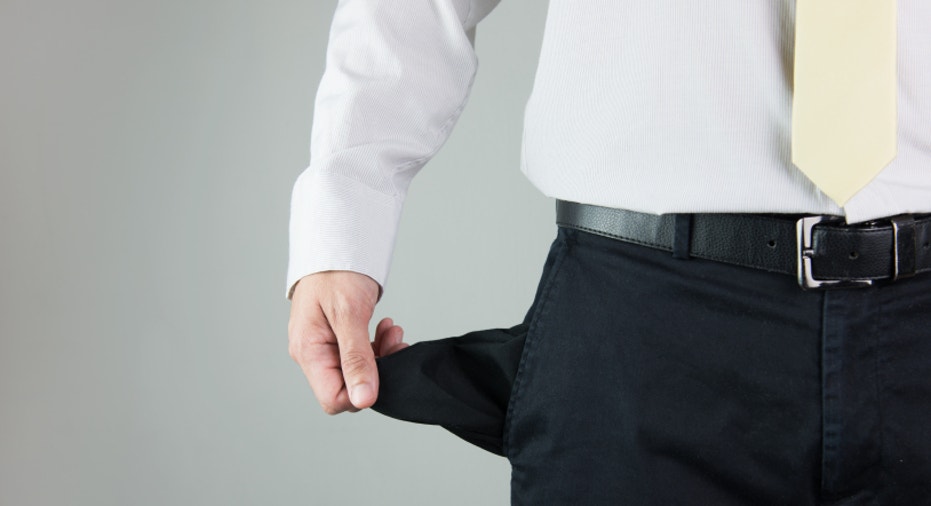Financial Health Means Managing Your Liabilities

We spend hours poring over our investments but give too little thought to our liabilities.
Most people know they shouldn’t pay a lot for a mortgage or shouldn’t carry high-interest unsecured debt, yet many do it anyway. In fact, according to the Federal Reserve, as of July outstanding consumer debt stood at $3.24 trillion with total outstanding revolving debt coming in at $880.5 billion.
“Managing your debt is important because it effects your ability to save,” says Brad Bernstein, senior vice president at UBS. “People don’t think enough about what’s good debt and bad debt.”
When it comes to managing your debt, it often falls into a few categories. A big one for many Americans is mortgage debt. Interest rates have been at record lows for a few years now yet many people still haven’t refinanced. What’s more, Bernstein says people will wrongly assume the best product for them is a thirty year fixed mortgage when an adjustable rate or lower-term mortgage may make more sense. “You have to think about the goal of owning the house,” says Bernstein. “If you are only going to live there for five years, does it make sense to have a thirty year fixed mortgage or does it make more sense to refinance into a five or seven year ARM?”
Mismanaging Credit Cards Leads to High Interest Rate Debt
Credit card debt is another large one for countless Americans and not managing it is why there is $880.5 billion in revolving debt alone. Many people will have a low introductory rate or take out a credit card not realizing the interest rate shoots up if they miss a single payment or once that period ends. Worse, they keep charging away only to realize their rate is in the high double-digit range.
On the flip side people who pay off all their credit card debt each month will shop for a credit card based on interest rate when they should be looking at the perks whether its cash back or travel rewards. “For most people the interest rate (on credit cards) are over 10%,” says Bernstein. “You want to look for alternatives with a lower interest rate.”
One alternative if you own a home is a home equity line of credit or loan, says Bill Norwalk, tax partner at business advisory firm Sensiba San Filippo. He says homeowners with equity in their home are better off taking out a loan against the house since the rate is much lower than what you’ll see with unsecured debt. You’ll have a long period to pay it off and if you go with the credit line you only draw down what you need.
Buying Only What You Can Afford Will Keep Debt in Check
Living within your means may not seem like managing debt, but doing that will keep your debt low. Yet far too many people do the opposite. Norwalk says it’s ok to stretch yourself if there is a long term pay off. For instance buying a home with an eye toward it appreciating someday or taking out student loans to eventually make more money is ok. What’s not ok is financing a flat screen TV or anything else you can’t afford to pay cash for. “You’ll have a harder time accumulating more wealth if you are always fighting to make next month’s bills,” he says.
In the case of student loans, that too can be managed. With the average public college costing $8,893 a year for state residents, and $30,094 at a private university, according to the College Board, people have to look at the return on their investment before choosing which school to attend. For example, it may be cheaper go to a community college for a couple of years and then transfer to a private institution to finish out your degree.
Emergency Funds Prevent Hasty and Expensive Decisions
Having an emergency fund is another important component of keeping a lid on your debt. After all, you don’t want to have to turn to a high interest rate credit card in a pinch because you don’t have any cash in reserve for life’s emergencies. For some people it may be impossible to sock away a big nest egg, but any amount counts. If you have investments, Bernstein says a line of credit against that can be great tool if you need short-term access to your money. “In the last five years people made a lot of money in the stock market and face large capital gains that they have to pay tax on,” says Bernstein. “You don’t have to sell. You can borrow against them at 2%, 3% or 4%.”



















